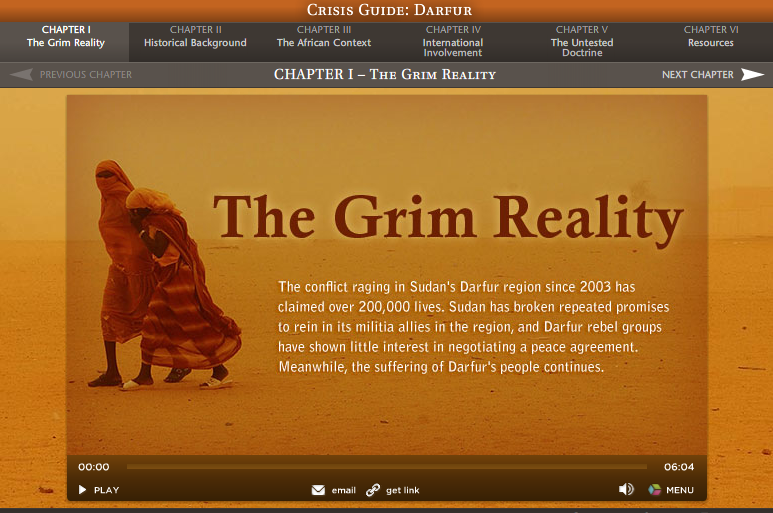World Politics Review | Accountability for Mexico’s Ayotzinapa Massacre Won’t Come Easy
/On Aug. 18, nearly eight years after 43 students from a teacher’s college in the rural town of Ayotzinapa disappeared, a truth commission set up by the government of Mexican President Andres Manuel Lopez Obrador released a sprawling report that confirmed what many had long argued: The state was involved. The report is a step forward for victims’ families and others who had pushed to keep the case alive, despite efforts to bury it by the administration of former President Enrique Pena Nieto. But whether it will result in accountability remains to be seen.
The case dates back to September 2014, when the group went missing in the southern state of Guerrero. In the months that followed, Jesus Murillo Karam, the attorney general at the time, delivered the official version of events, dubbed the “historic truth”: The 43 students commandeered buses to attend a protest when local police detained them and turned them over to members of the Guerreros Unidos criminal group. The gang supposedly mistook them for rivals, killed them and incinerated their bodies in a garbage dump before tossing their remains into a river. Arrests were made. Case closed.
Except it wasn’t. Instead, Ayotzinapa—as it is known—became an open wound for Mexico and a turning point in what ended up being the scandal-ridden presidency of Pena Nieto. Independent investigators and journalists poked holes in the official version and uncovered the military’s involvement in surveillance and alterations made at the scene of the crime. Detained gang members and police officers were released due to mishandled evidence or signs of torture. Forensic evidence indicated that all the victims could not have been cremated together in the dump. Throughout it all, the students’ family members demanded to know what happened to their loved ones as protesters regularly organized under the rallying cry: “The state did it.”
Read More



